We need men and women to be working together on the issue of gender diversity
Thursday 6 March 2025
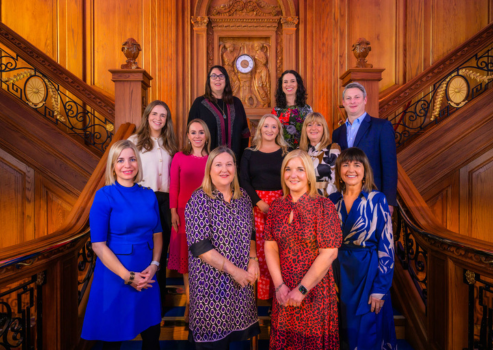
In The Belfast Telegraph Meaning of Life series, CEOof The WiB Group, Roseann Kelly tells Aine Toner about the vital values to have in the economy.
Diversity and inclusion within companies are not a tick-box exercise but a journey. Someone who understands what that means is Women in Business Northern Ireland’s (WIBNI) CEO, Roseann Kelly. The organisation has over 10,000 members united to develop skills and achieve success, equipping women with the necessary skills whether employee or employer.
“The business community way back would have been just predominantly men,” explains Roseann. “I remember when I first started, I’d go to black-tie events up in La Mon and it was just a sea of black suits. I think I picked out a red dress and it was Janet McCollum [who] at the time [worked for] Moy Park. It absolutely has changed since then and it’s great to see, but that’s because of progressive companies. There are still companies out there with all-male boards, etc., but I think we’ve absolutely moved on, and it is better. With that, I think it’s more than just helping women; it’s been recognised that this is an economic imperative — that we have women involved and that we have diverse teams.”
Compassion and kindness are traits mentioned by Roseann on her social media as life tools, but they’re also at the heart of business, she says.
“One of the things I would say to people is that we need to be kinder and more compassionate earlier in our careers. Sometimes, when you’re on the way up the ladder, you’re maybe not as compassionate, and really, it would be much better for everybody if we started that a lot sooner.
“I’ve met so many different women leaders, men leaders, and they would all say the same thing. When you get to the top and you’ve more experience and you’re older, you can be kind and compassionate, but it really needs to be part of your day-to-day values from day one. People will remember how you made them feel. How you make them feel is what lasts. So I think it is very important, and that doesn’t mean you have to be soft, it just means being kind and compassionate when you’re dealing with anybody in any situation.”
“Most people spend most of their life in work, so you can’t just turn that on and off. It has to be there. If you are kind and compassionate with your colleagues and employees, you’ll have a much better team, you’ll have a much better culture, and you’ll be able to retain staff, so there’s an economic dividend to it as well. It really should be part of the culture of an organisation, to have empathy and compassion.”
“Kindness, people think it’s a soft thing, but it’s not necessarily. You can be kind by giving some constructive feedback — that’s a kind thing to do. I think it should be part and parcel of the culture, but as we all know, business can be very competitive and cutthroat. Particularly when you’re climbing that ladder, it’s sometimes easy to forget the people around you.”
Though WIBNI has made ‘huge gains and strides’ in terms of gender equality, Roseann says what has been gained is fragile, despite decent optics in Northern Ireland.
“I think we all need to be aware of that and continue to keep gender diversity on the agenda. We have Jayne Brady and a lot of senior women. We’ve our First Minister and Deputy First Minister, our Lord Chief Justice, the optics are very good. But again, that can change very quickly. I think only a couple of years ago, we would have had five female permanent secretaries in the government, and we only have one now in the civil service. It doesn’t take long to change. We need to ensure that we have the pipeline of women coming behind, and that’s something that still requires a lot of work.
“Whether it’s women supporting women, pulling women through, pushing them forward, or sponsoring them, it’s not just down to women. That issue is for everybody, and we need the men to be as loud and as vocal as possible. There’s a huge allyship; we have so many male supporters but sometimes they need to raise their voices a bit louder and be very vocal about it and very obvious about it. That will help change cultures as well. When other men see that, particularly from people they look up to, who are leaders, it can help. But we need men and women working together on the issue of gender diversity. I’ve been around this for over 20 years and sat around many tables with many women-identifying barriers, discussing what we can do, but it’s something that we need to be doing alongside men.”
Roseann, whose background is in marketing, was ‘very bought in’ and ‘very passionate’ about the work of those establishing WIBNI, becoming part of the voluntary committee and holding the roles of Vice Chair, Company Secretary, and Treasurer during that time.
“I suppose one of the things that I have to say did drive me on was the idea that a women’s business network would fail,” she says. “I just didn’t want to give anybody any kind of ammunition or the lads saying, well, they couldn’t keep the network going.”
“I was very passionate about that too, particularly because it was a business network, and it wasn’t to be seen as just a little women’s group, having coffee and stuff.”
CEO of WIBNI since 2009, Roseann sits on multiple panels and was recognised by the late Queen in 2019 for her contribution to the NI economy. Has she ever felt she’s spread herself thinly?
“I’ve been very passionate about it for a long time, and all the impact that you see, the delivery on the ground, and the feedback with the women, it just spurs you on to do more and help more. I’d say now, over the last five years, I have built up a brilliant team. The days when it was just me and a pop-up are long gone, but it was like that for a long time. We’re self-sustaining. We always have been. We don’t depend on government funding, and we don’t get core government funding, and that was something that was very important to me in terms of our business model because that kind of funding can come and go. To be self-sustaining was really important.”
“Over the last five years or so now, we’ve had a lot of growth and have a brilliant team. We’re very well-resourced now, which hopefully will bring us on to bigger and better things.”
Within the WIBNI umbrella are four business units. These include Diversity Mark, an accreditation around diversity and inclusion for which over 200 companies signed up — “I think one in every four employees is employed by a company that has the Diversity Charter Mark,” says Roseann — and the professional development wing, Centre of Learning, which offers upwards of 15 programmes. Finally, Timely Careers is an online learning programme for women returners.
“We’ve over 1,800 women signed up there who want to come back into work. I would say between 60 and 70% of these women have degrees,” says Roseann. “We’ve grown this group within the four different units, and the mission is to create an inclusive, prosperous economy. With that, I have four directors and they’re all just brilliant. It feels really good at the minute, but my key focus going forward is to get a home for the group — a hub for women’s enterprise, for women’s development, for women returners where they can come. If we can get the right space, we’d like to provide childcare there for the women coming in training. A real hub.”
“That’s, I suppose, my next drive — securing that and delivering it for the group and for our women.”
Though very pleased with all that’s been achieved to date, there’s still work to be done for the chief executive, who believes in learning from mistakes and moving on, rather than focusing on regret.
“Everybody worries, but I would try not to worry about things that you have no control over,” she says. “In terms of faith, I probably would feel strongly that a lot of organised religions have gone the wrong way and power corrupts in every organisation, even if they’re religious ones. I’m not a fan of the type of organised religion; I wouldn’t be a big fan of that. The values that are there in any of the churches around kindness, compassion, and all of that, I think are very important, but I just think that organised religion — I’m not really a fan.”
“I don’t think it should be in politics; I don’t think it should be in sport; I don’t think it should be in education. Everybody is absolutely entitled to their own religion, but I think it should stay on a personal level.”
Rather than having a Plan B, Roseann’s career seems to have happened organically.
“It did,” she says. “And I have a 12-year gap in my children. The first two I had, at that time it was like 10, 12 weeks maternity leave. I had James when I was 42, and I actually took time out with him. That was while I was part of Women in Business. And then, it was after that, that I came back into this role, which is probably about 16 years ago.”
“It was the chair at the time, who’s still a very good friend, Christine Boyle, who said, ‘Right, that’s enough mooning over this baby, we need you back.’ It just went from there.”
Her WIBNI role is more than a job at this stage — “Anything I’m reading is always about diversity, inclusion, business,” she says. “My family have a business [Cowfield Design], so my husband, son, and daughter work in that. I would be in all of those discussions and mediating there. There’s always business around me.”
As regards treasured possessions, if required, Roseann would ensure pictures documenting her and her family’s lives would be saved.
“I would say it would probably be photo albums. I actually worked for Belmont Photo Services many, many years ago; they’re the kind of photographs you can’t get back, the old ones. They’re memories and moments that you couldn’t get back. I don’t know whether they even process film anymore, but they probably do, but you’re not going to have those negatives anywhere. I also have a nice painting of Donegal scenery in my office.”
Donegal is an important location for Roseann, who describes herself as an introvert doing an extrovert’s job.
“I really like being on my own. We’re fortunate enough to have a house down in Donegal, and my favourite thing is to go there on my own for maybe three or four days. I don’t even take the dog — now, that’s bad, but the dog needs walked and the dog needs fed. It’s that time on my own, which would be reading a book, going for walks, that kind of thing.”
“There’s so much networking and events night in the morning and all of that, so I mean, I do like my weekends just to be peaceful.”
When asked how she would like to be remembered, Roseann says her work would take priority.
“I’m not really sure that I need to be remembered. But I think if I am being remembered, one of the phrases that has been said is ‘you never say no to Roseann.’ I don’t know whether that’s a compliment or not, but I would have been very driven and always ask and don’t take no for an answer. That’s probably how I would be remembered, but I think it’s more and more on the work and what we’ve achieved for women and how important that is, regardless of who’s there. We’re a charity not-for-profit, so a lot of my job was to ask people for money in order to do the work that we do, so whether that was sponsorship or whatever… I could be probably quite persuasive.”
This International Women's Day, support the work of Women in Business with a small donation to help us continue supporting women in the workplace.
Thursday 6 March 2025



 Contact us
Contact us
 Share on social
Share on social Share with a friend
Share with a friend Facebook
Facebook LinkedIn
LinkedIn
 Twitter
Twitter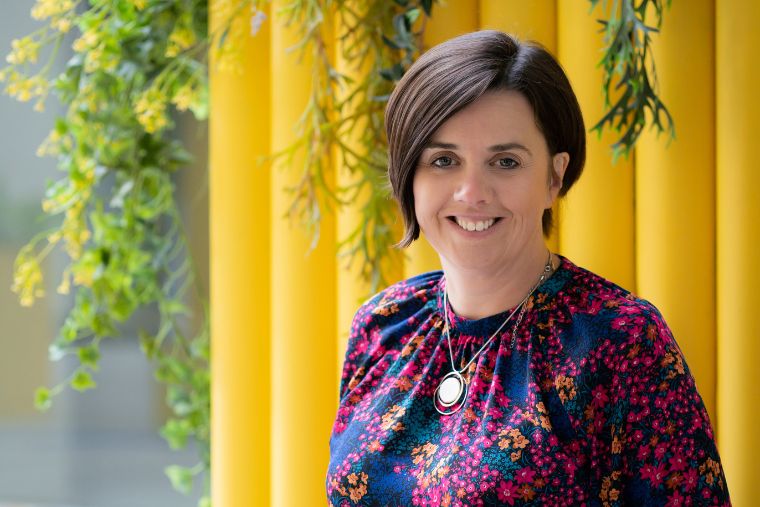

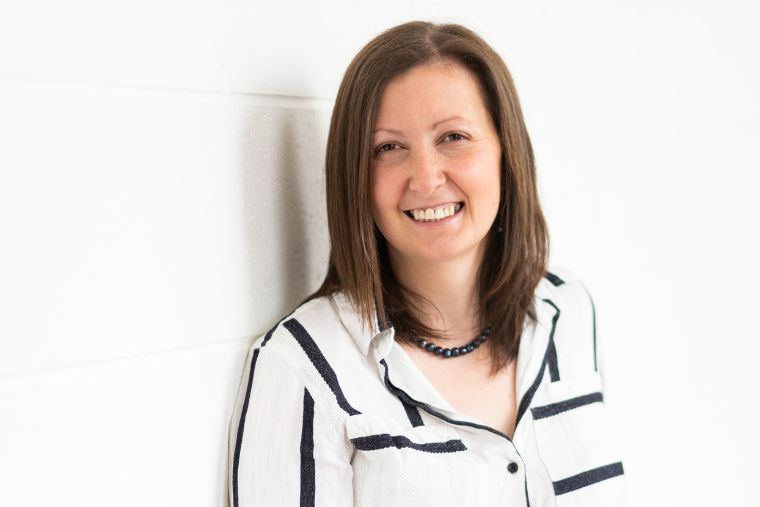
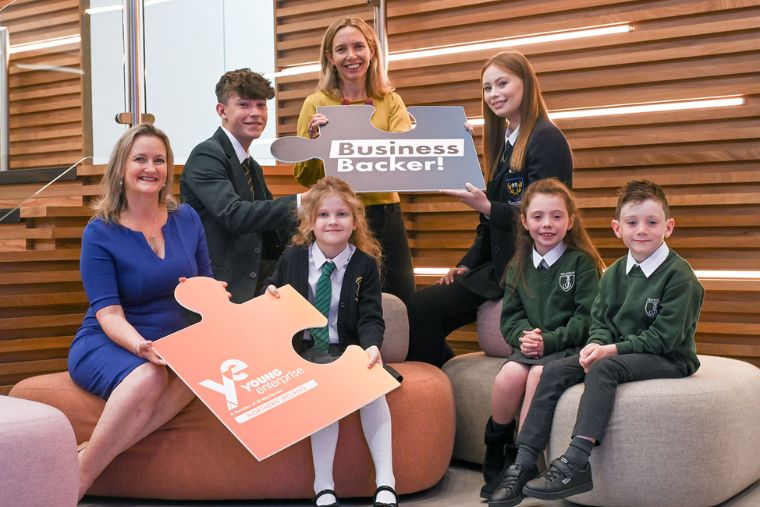
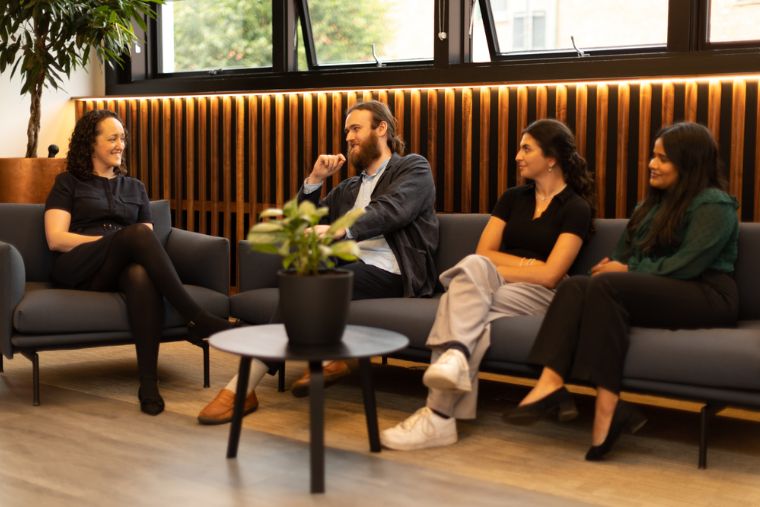
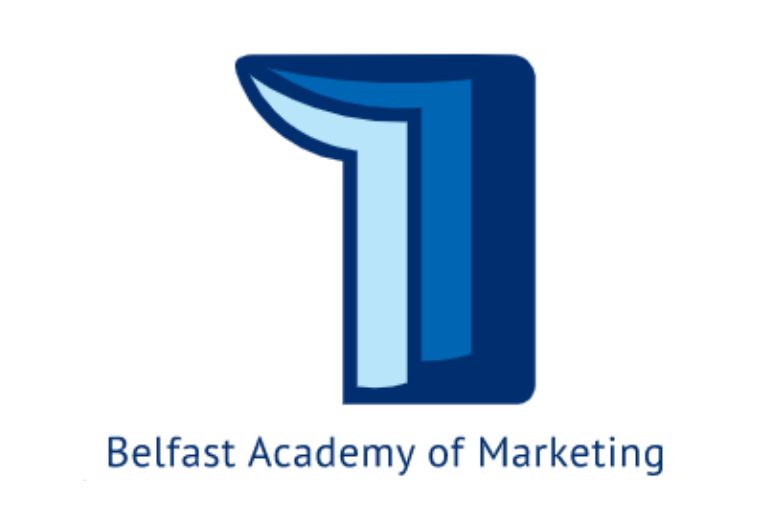

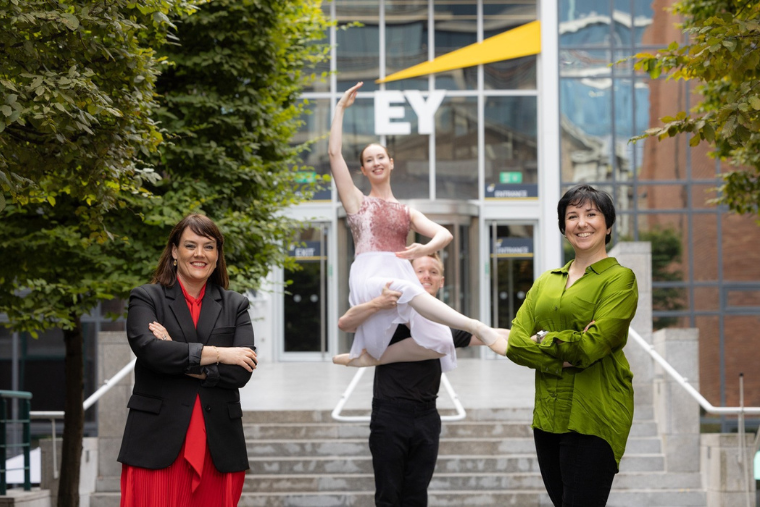
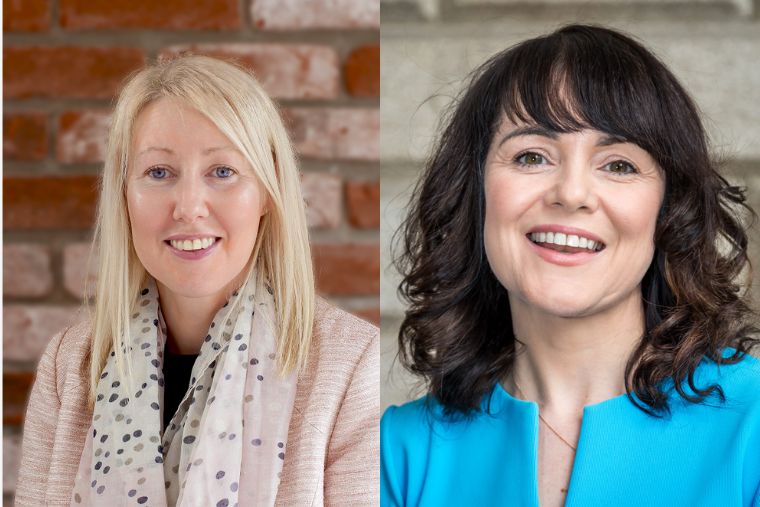
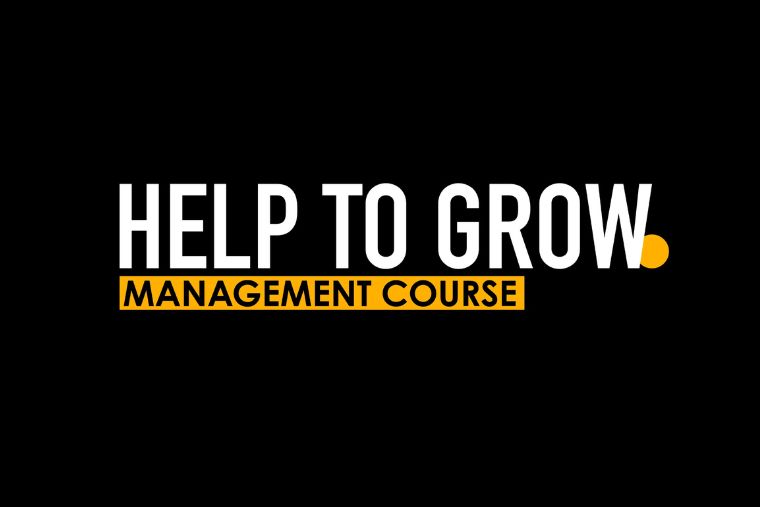
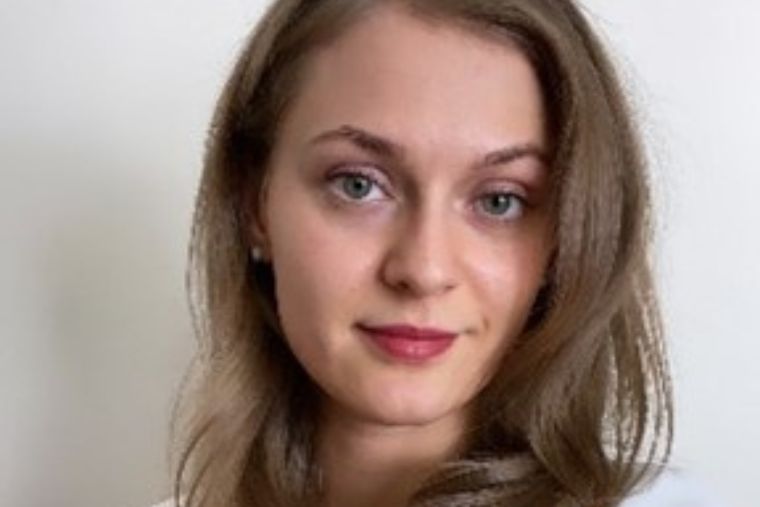
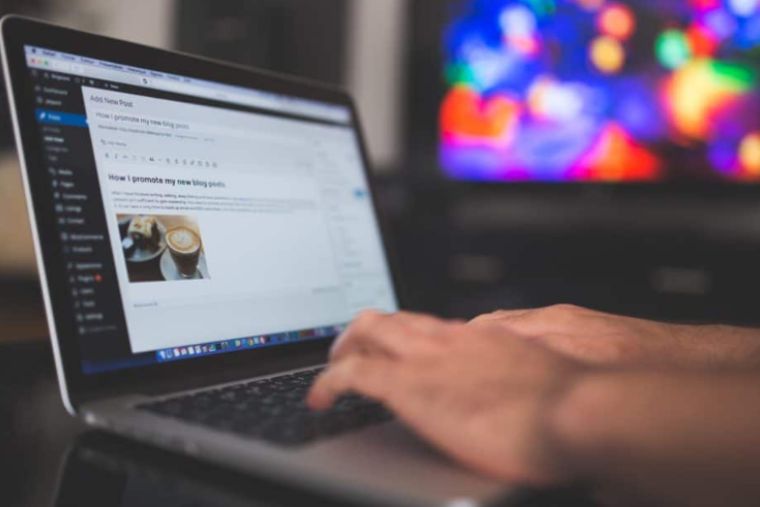
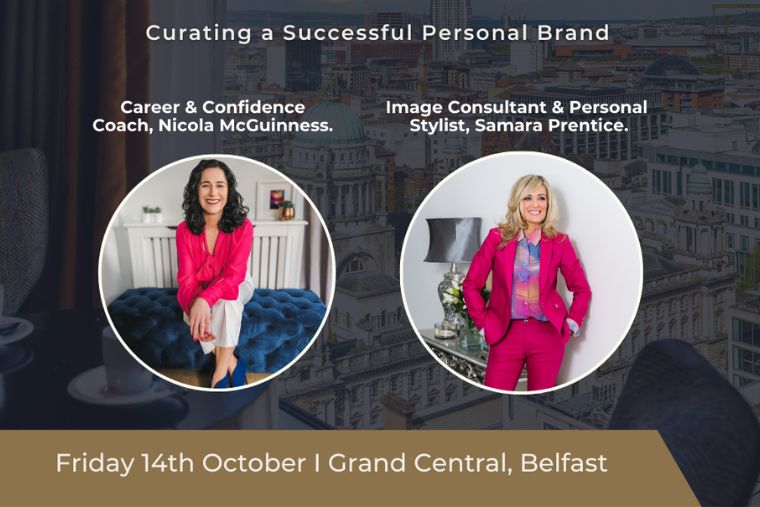
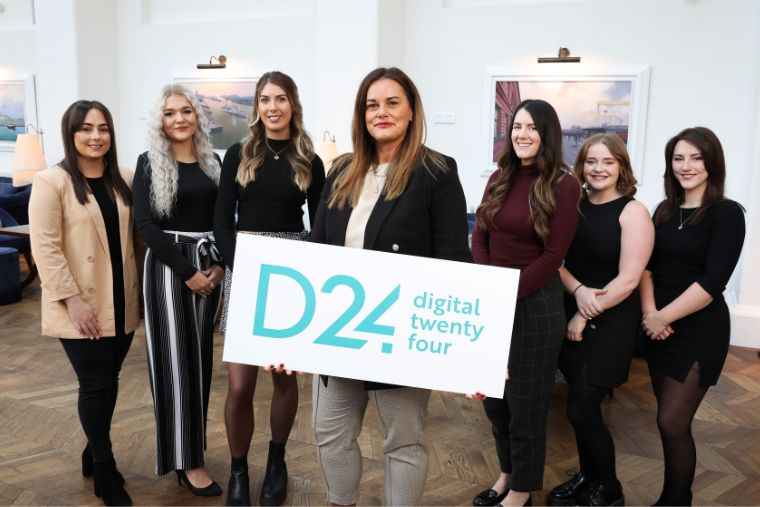

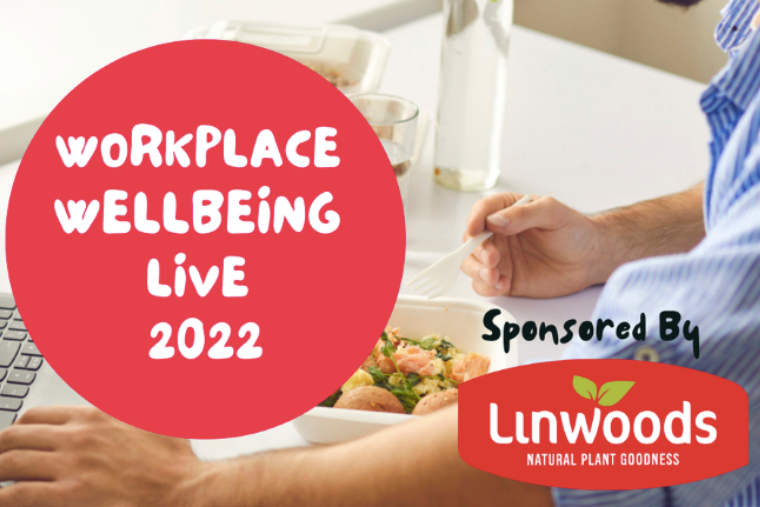
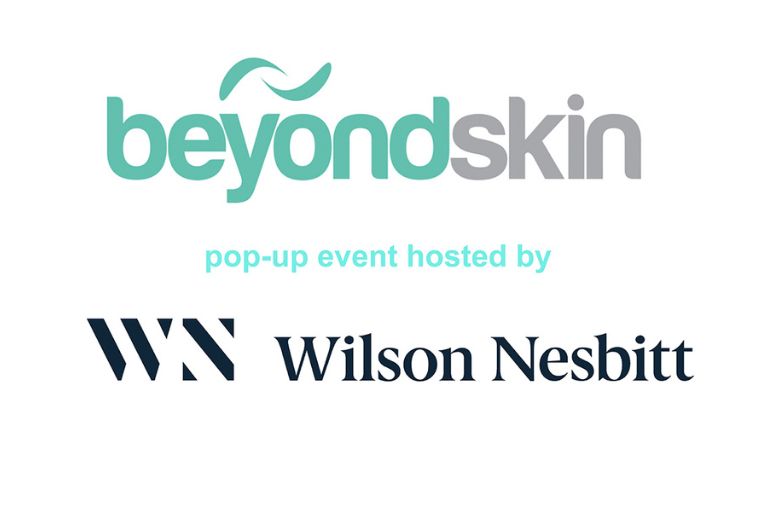
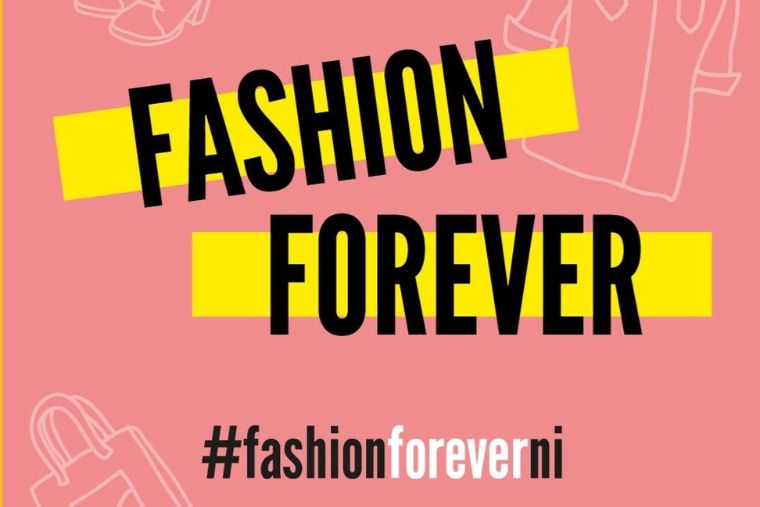
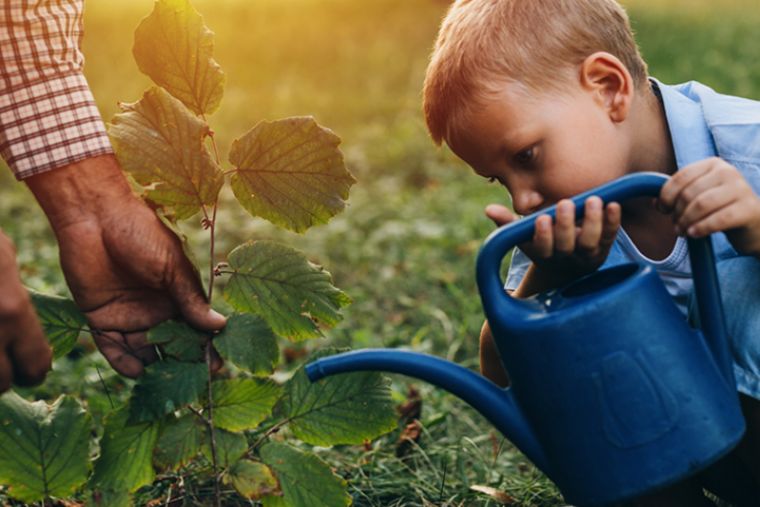
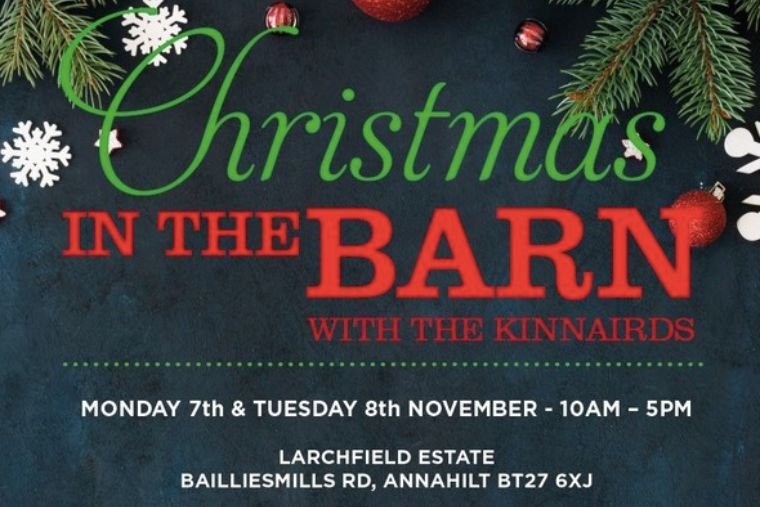
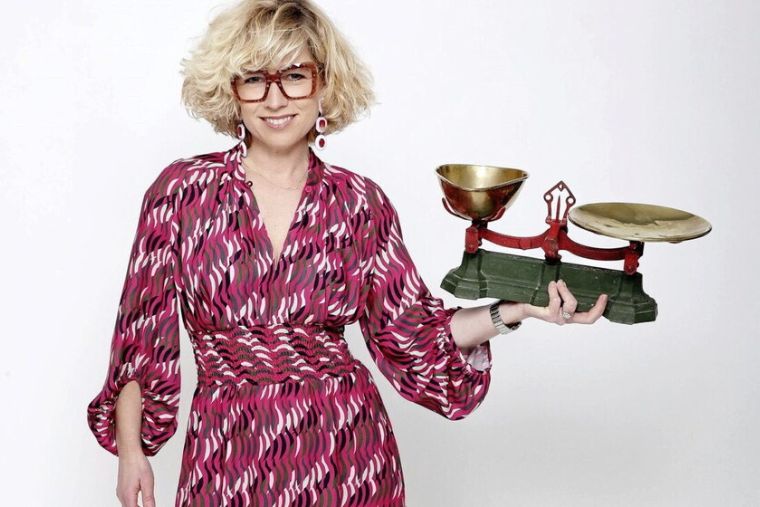
 Get in touch with us
Get in touch with us